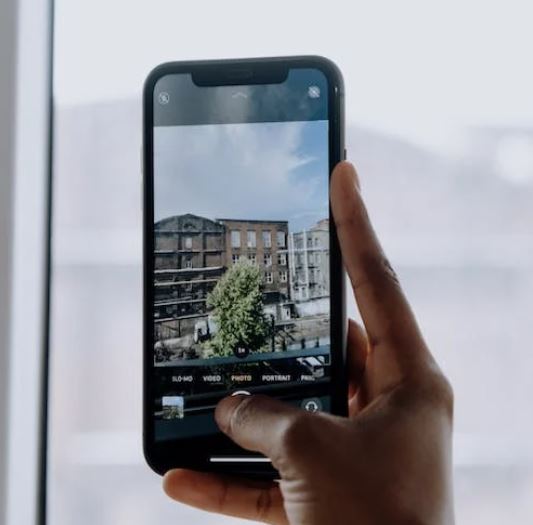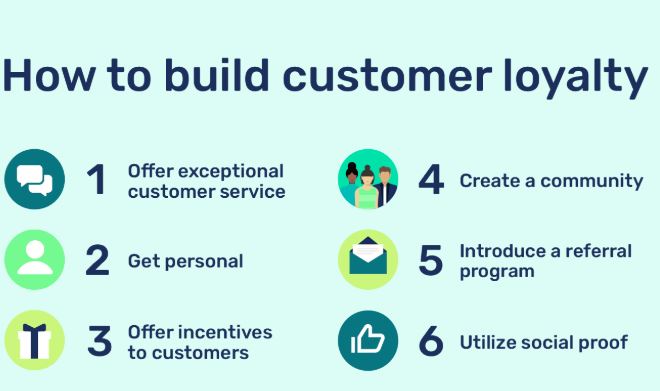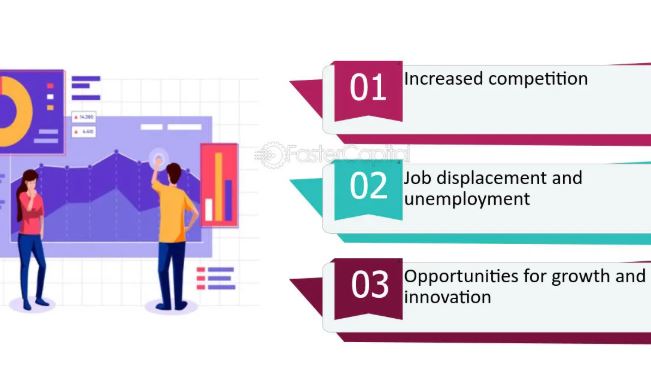
Cellular application advertising is actually attaining floor as opposed to textual content advertising
Introduction
Mobile application advertising has become increasingly popular in recent years, with businesses turning to this method as a more effective way of reaching their target audience.
Compared to traditional text advertising, mobile app advertising offers a more personalized and interactive experience for users.
This descriptive analysis will explore the advantages of mobile application advertising over text advertising, as well as the limitations and challenges that businesses may face when implementing this method.
Mobile application advertising
Mobile application advertising involves promoting products or services through mobile applications. This method allows businesses to create personalized content that can be tailored to the user's interests and preferences.
On the other hand, text advertising involves sending promotional messages to users' mobile devices through SMS or MMS. While both methods aim to promote products or services, mobile application advertising offers a more engaging and interactive experience for users. For example, a business can create a game or interactive feature within their app that allows users to engage with their brand in a more meaningful way.
Advantages of mobile application advertising
The advantages of mobile application advertising over text advertising are numerous:
- Firstly, mobile application advertising allows for higher engagement rates due to the personalized content that can be created within the app.
This personalized content can be tailored to the user's interests and preferences, making it more appealing and relevant. - Secondly, mobile application advertising allows businesses to track user behavior and target specific audiences. This means that businesses can create targeted campaigns that are more likely to result in conversions.
- Finally, mobile application advertising is more visually appealing and interactive, which can lead to a more positive user experience.
For example, the Starbucks mobile application allows users to order and pay for their coffee ahead of time, as well as earn rewards and access exclusive offers.
This personalized and interactive experience has led to increased engagement and loyalty among Starbucks customers.
Limitations and challenges of mobile application advertising
Despite the advantages of mobile application advertising, there are also limitations and challenges that businesses may face:
- Firstly, there is a cost and time investment in developing an app that is both functional and appealing to users. This can be a significant barrier for smaller businesses that may not have the resources to invest in app development.
- Secondly, there is a need for ongoing updates and maintenance to ensure that the app remains functional and relevant.
- Finally, mobile application advertising has a limited reach compared to text advertising, which can make it difficult for smaller businesses to reach a wider audience.
For example, a small local restaurant may not have the resources to develop and maintain a mobile application, which can limit their ability to reach new customers through this method.
Conclusion
Mobile application advertising offers numerous advantages over text advertising, including higher engagement rates, targeted campaigns, and a more visually appealing and interactive experience for users. However, businesses must also consider the limitations and challenges of this method, such as the cost and time investment in app development and maintenance, as well as the limited reach for smaller businesses. Overall, businesses should weigh the pros and cons of mobile application advertising and consider whether it is the right method for their marketing strategy.
How to Manage Cash Flow Effectively as a Small Business Owner




